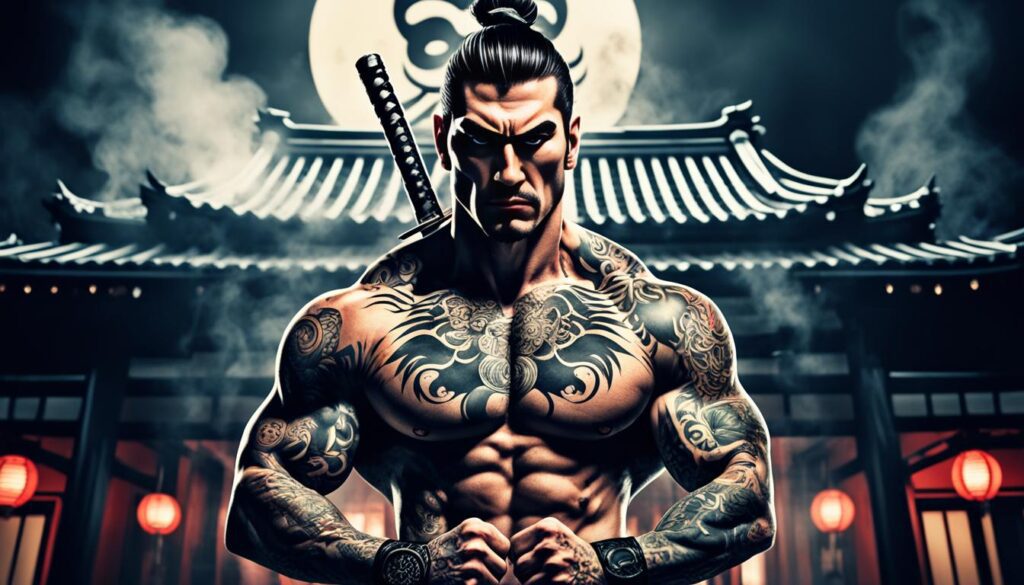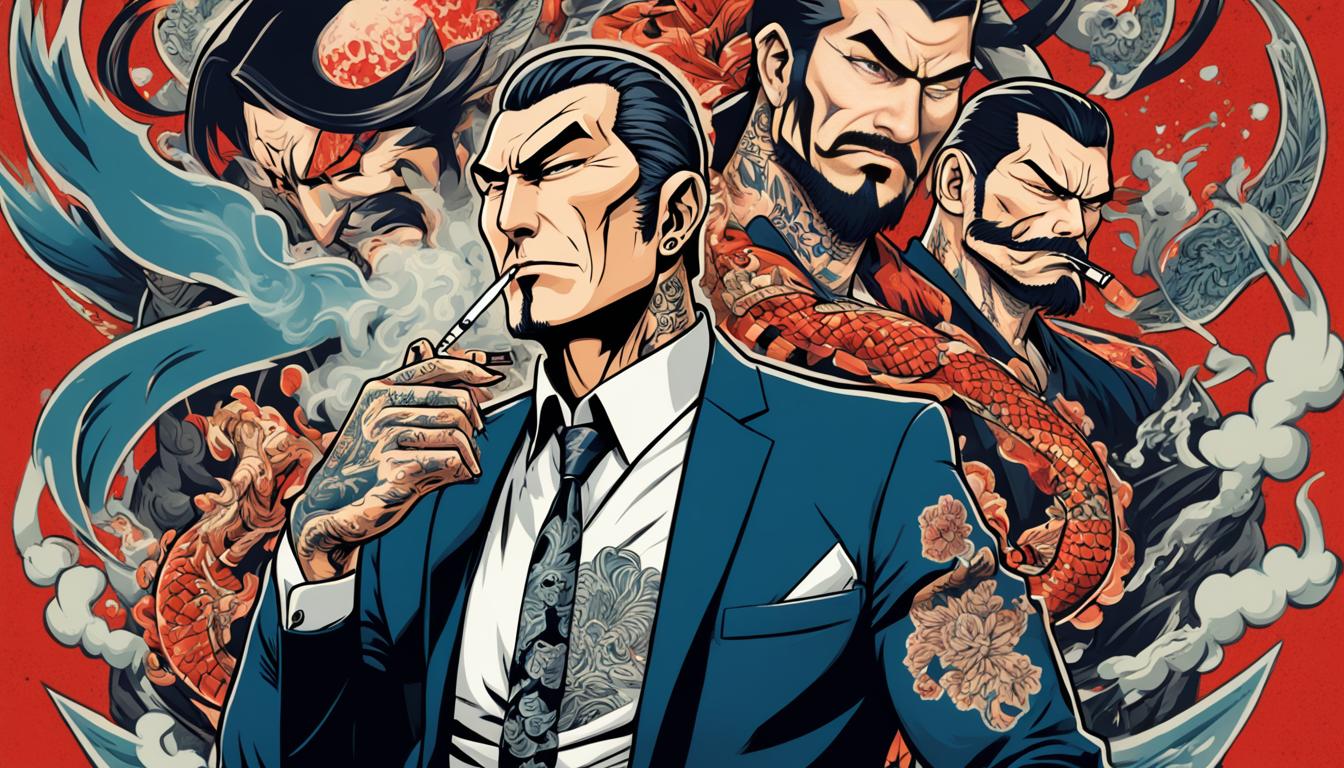In Japanese culture and language, the word “aniki” carries a nuanced meaning. It is commonly translated as “older brother,” but its significance goes beyond just a familial relationship.
Meaning and Grammar
Aniki is a term used to express deep respect, loyalty, and camaraderie towards someone older or more experienced. It is often used by younger individuals to address an older male figure who they look up to or admire. The word can also be used in the context of organized crime, where it refers to a senior member or leader within a yakuza gang.
How to Pronounce and Equivalent Words
Aniki is pronounced as “ah-nee-kee.” The word does not have an exact equivalent in English, as it encompasses a unique cultural concept. Translations such as “older brother” or “big brother” capture the basic meaning of aniki, but they may not fully convey its depth and cultural implications.
Writing in Kanji
The word “aniki” can be written in kanji as 兄貴.
Contextual and Cultural Usage
Understanding the cultural connotations of aniki is essential to fully grasp its meaning in different contexts. In everyday life, aniki is used to show respect and affection towards older or more experienced individuals. It signifies a close bond and carries a sense of admiration.
Within the yakuza culture, aniki takes on a different meaning. It represents a senior member or leader who is highly respected within the organization. The use of aniki in this context reflects the strong bonds and strict code of conduct within the yakuza community.
Aniki is also frequently used in Japanese media, such as manga, anime, and video games, to depict relationships between characters and their mentors or older brothers. It symbolizes loyalty, honor, and camaraderie.
Translating aniki can be challenging due to its cultural nuances and multiple meanings. However, translators and editors strive to capture its essence while making it accessible to English-speaking audiences.
The Use of Aniki in Japanese Language and Honorifics
In the Japanese language, aniki is commonly used as a term of endearment or respect towards an older brother or someone who is considered older or more experienced. It is often used to address someone with whom one shares a close bond or brotherly relationship. When addressing someone as aniki, it signifies a level of familiarity and respect.
Additionally, aniki can also be used as an honorific within certain social groups or organizations to show respect and deference towards a senior member or leader.
For example, in Japanese martial arts, aniki may be used by junior students to address a senior instructor, acknowledging their expertise and demonstrating a sense of humility.
In the context of organized crime, aniki is utilized within the yakuza community to refer to a higher-ranking member or boss who commands authority and respect.
Understanding the cultural significance of aniki in Japanese language and honorifics is crucial for navigating social dynamics and showing proper respect in various contexts.
Examples of Aniki Usage:
| Situation | Aniki Usage |
|---|---|
| Addressing an older brother | “Hey, aniki! Can you help me with this?” |
| Showing respect to a senior martial arts instructor | “Sensei, please allow me to address you as aniki.” |
| Referring to a yakuza boss | “The aniki gave us clear instructions for the operation.” |
Aniki in Yakuza Culture and Crime

In the world of yakuza, the Japanese organized crime syndicates, aniki holds particular significance. Within the yakuza hierarchy, aniki refers to a senior member or leader who is highly respected and revered by their subordinates. Aniki embodies the ideals of honor, loyalty, and brotherhood within the context of criminal activities. The use of aniki in this setting highlights the strong bonds and strict code of conduct that exists within the yakuza community. It is important to note that the use of aniki in relation to yakuza culture should not be confused with its general usage in everyday life, as the connotations and implications are different.
Cultural Understanding of Aniki in Japanese Media
Aniki, meaning “older brother” in Japanese, holds significant cultural importance in various forms of Japanese media, including manga, anime, and video games. It is commonly used to depict strong bonds of respect and admiration between characters, often portraying the relationship between a mentor figure and their protégé or an older brother and their younger sibling.
The portrayal of aniki in these mediums serves as a reflection of the values and societal norms in Japanese culture. It highlights the importance of hierarchy, loyalty, and honor, with the term being used as a symbol of deep respect, trust, and camaraderie.
Understanding the cultural context behind aniki is crucial for fully appreciating the relationships and dynamics depicted in Japanese media. It allows you to delve deeper into the narrative and character development, gaining insight into the nuances and subtle expressions of loyalty and mentorship.
Whether it’s animes like “One Piece” where Monkey D. Luffy looks up to and respects his sworn brother, Portgas D. Ace, or video games like “Yakuza” that showcase the loyalty and brotherhood within organized crime, aniki plays a central role in shaping the storylines and character interactions.
The rich portrayal of aniki in Japanese media not only entertains audiences but also offers a window into the cultural values and traditions that are deeply ingrained in Japanese society.
Translating Aniki and Cultural Nuances
Translating the word “aniki” can be a complex task due to its rich cultural nuances and multiple meanings. When it comes to Japanese-to-English localization, translators and editors face the challenge of capturing the essence of the term while ensuring it resonates with Western audiences.
The process of translating aniki involves more than just finding an equivalent English word. It requires careful adaptation of the dialogue, style, and delivery to make the translation accessible and relatable to English-speaking readers. Translators and editors must work collaboratively to preserve the humor, gravity, and subtleties of aniki’s meaning, ensuring that the translated version conveys the intended emotions and cultural context.
Through a combination of linguistic expertise and creative skills, translators and editors bring the essence of aniki to English-speaking audiences while staying faithful to the original Japanese intent. The aim is to provide a translation that captures the deep respect, loyalty, and camaraderie embodied by the word aniki and its significance in Japanese culture.

